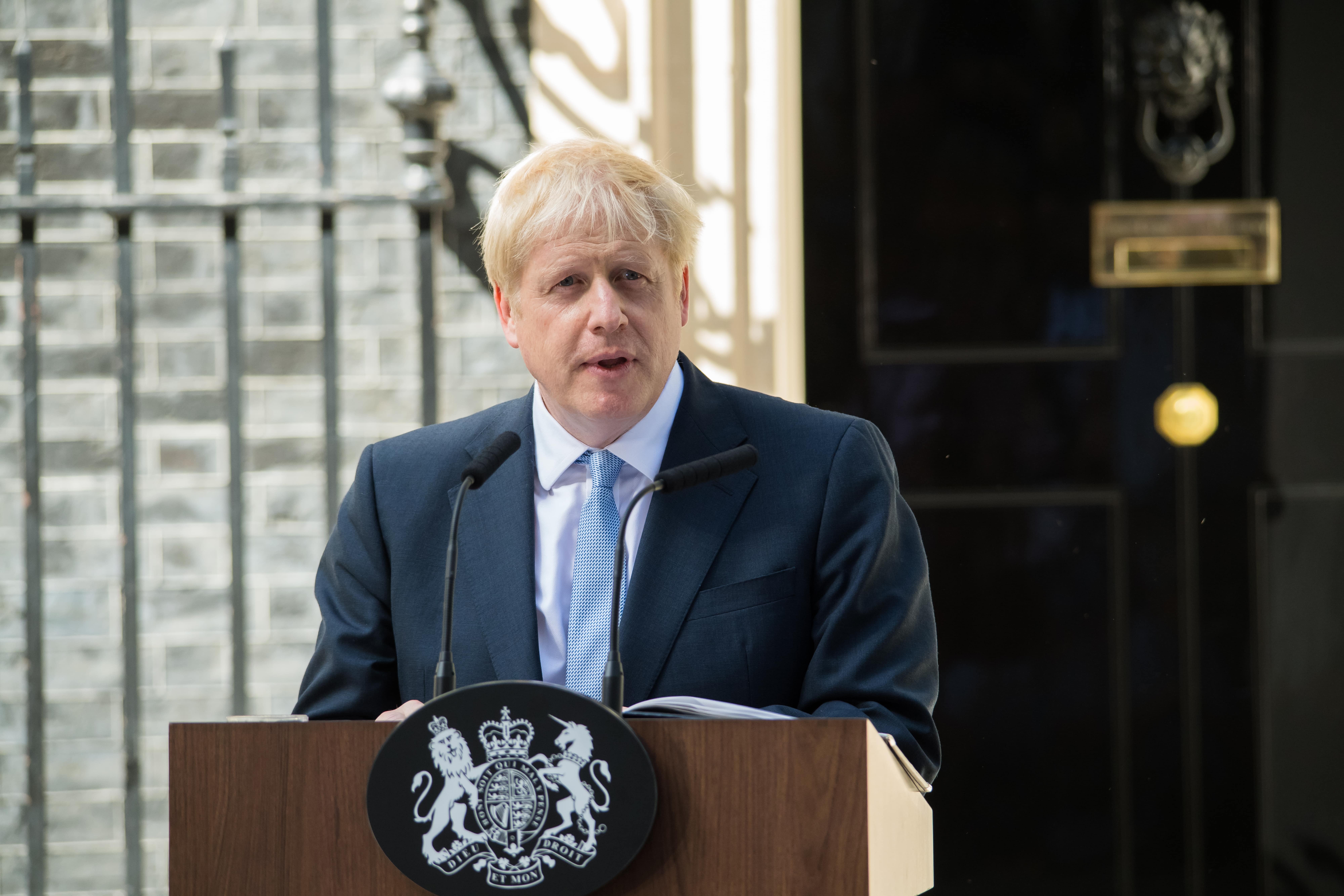Features - Business
2020 Vision? Invest in tech and look after your teams

As the industry approaches its annual introspection, Simon Toplass, chief executive officer at national procurement organisation Pagabo, says there are two areas the sector can, and should, do a lot better: how to integrate technology into our processes and how we look after the health and wellbeing of our employees and contractors.
Pagabo was born back in 2013 out of a frustration that traditional frameworks didn’t always do what they say on the tin. We wanted to create an organisation that simply delivers on what it is designed to do, and eventually it became clear that technology was going to be essential to doing it properly.
Mirroring the industry at large, frameworks are increasingly looking to technology to develop new ways of working that take some of the heavy lifting out of construction, from the planning and procurement stages right up to the physical work being carried out on site.
When boiled down, introducing greater technological integration is a three-phase approach, and different parts of the industry are currently at different stages of awareness.
The first phase is really an education process, where technology takes the form of digitised paperwork and simplified processes. While this seems a very simple step, what it does is improve efficiency and – in the framework environment – builds greater familiarity in the procurement process.
This phase is already commonplace within the industry, but it is what it enables that can really drive us forward in 2020 and beyond.
The result of all this digitisation is data, and lots of it. This is where the second phase starts, because having access to high-quality data means that better and more informed decisions are able to be made, from which everyone in the supply chain can benefit.
Big data and trend analysis mean that ecosystems can be modelled more accurately, and long-term business decisions are smarter. If more companies in the sector can progress into this second phase in 2020, it will only be a positive thing for the industry.
Moving to the third phase – where the construction sector is truly aligned with technology and everyone in the supply chain is able to realise their potential as disruptors – is still some time away for the majority of the industry, but contractors are already asking us how we do things differently as a company and showing a real interest in how we use technology to help the supply chain make better decisions.
We aren’t quite creating buildings through Snapchat yet, but the apprentices and graduates that are now in their late teens or early twenties are the ones that will be running our industry in the decades to come. They are tech-savvy and efficiency-focused, and the responsibility is on us to ensure that the groundwork is done for them to inherit. The desire to move the needle and truly integrate technology – whether through frameworks or not – is definitely there.
Another important aspect that the industry needs to focus on in 2020 is the wellbeing of its workforce.
Recent statistics show suicide as the biggest killer of construction workers under the age of 45, with male site workers three times more likely to take their own life than the average male in the UK. That is a shocking statistic, and one that we as a collective urgently need to address.
Mental health awareness has made many great strides in recent years, but there is a still a way to go in improving the awareness and acceptance within the construction industry in particular, with the challenging and at times stressful lifestyle that comes with it.
The Health and Safety Act has focussed on physical health by ensuring ample health and safety signage and personal protection equipment, and we as an industry need to encourage the same for mental health.
In a workforce that is still primarily male, there are associated mental health risks which the stereotypical ‘tough guy’ image does not help with. For many working in construction, asking for help and opening up about emotions is not something that comes naturally. This needs to change, and the onus is on companies of all sizes to develop the resources they need to help their workforce.
Whether a person’s mental health issues are caused directly by their job or not, we believe it is imperative that everyone working in the construction industry can get the help they need to work towards a healthier life.
For an industry that craves certainty and is often dominated by big infrastructure projects such as HS2, Crossrail and Hinckley Point C, 2019 has been a tough year.
However, by looking ahead and devoting greater focus to some of the issues that underpin that success – namely the technology driving it and the people behind it – the forecast for 2020 can be a lot brighter.
If you would like to read more articles like this then please click here.
Related Articles
More Features
- Ten years of progress on payment, pre-qualification and skills
19 May 25
The industry has made significant progress on late payment, pre-qualification, and competence since the formation
- Pagabo provides clarity on impacts of new NPPS and PPNs
12 Mar 25
The Labour government’s new National Procurement Policy Statement (NPPS) sets out strategic priorities for public
- How is the Procurement Act going to drive social value
24 Feb 25
The regulations laid out within the Procurement Act 2023 will go live today.






